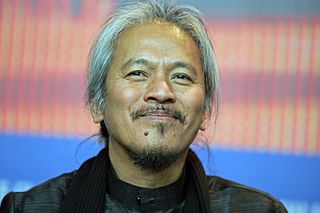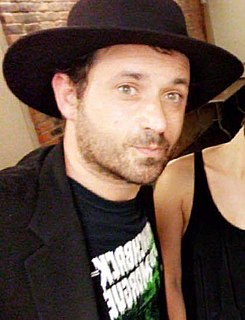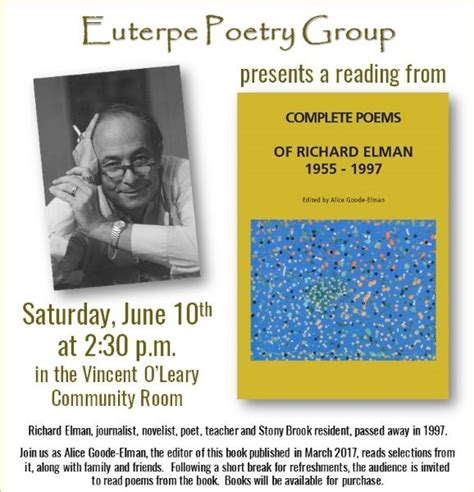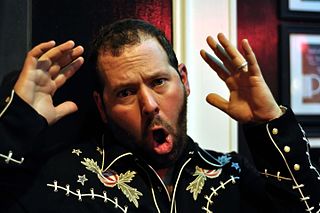Цитата Андреа Бочелли
Люблю читать... Французскую, русскую классику - Гоголя, Толстого, Достоевского, Флобера. Еще мне нравятся Хемингуэй, Вирджиния Вульф.
Связанные цитаты
Я научился писать, читая. У меня не было уроков письма. Это часть моего мышления как писателя-автора, чтение, но я также хочу привнести это в своих персонажей, которые тоже читают и думают. Есть замечательная цитата Вирджинии Вульф — она очень проста: «…книги продолжают друг друга». Я думаю, когда вы писатель, вы также, надеюсь, читатель, и вы привносите эти ранние работы в свою работу.
Мне нравятся модные писатели: Фицджеральд, парень, который покончил жизнь самоубийством, Хемингуэй, все эти парни. Некоторые из них были алкоголиками и наркоманами, но им было весело. Они были реальными людьми. Они сформировали культуру американской литературы. Хемингуэй восхищался Толстым, Толстой восхищался Пушкиным, а Мейлер восхищался Хемингуэем. Все стекает вниз. Великие все связаны. Однажды я сам напишу книгу. Первая глава будет о том, как тяжело пришлось моей маме. Она верила в вас, ребята, и в ваше общество.
После колледжа я по-настоящему увлекся классикой. Читайте все Фолкнера, Хемингуэя, Вульфа, Пруста, Достоевского. И этот классический поезд высадил меня на «Дракуле». На полпути я понял, что никогда не вернусь, никогда больше не «уйду» из этого жанра. С тех пор я сижу на довольно строгой диете ужасов.
Я читал некоторые старые книги, когда работал в Barnes And Noble, например, американскую классику. Я много читал Хемингуэя. Я влюбился в прозу Хемингуэя и в то, как он писал. Я чувствую, что он разговаривает со мной, как будто мы в баре, и он не пытается оживить это и казаться умным, он просто такой.
Вспомните Вирджинию Вулф, «Свою комнату» — это то, что всегда было нужно женщинам в условиях патриархата, без чего они не могут заниматься творчеством. Они забрали мой класс и статус преподавателя, а теперь они забрали мой офис, и все это дает понять, что мы с Вирджинией Вулф теряем то, что я называю «женским пространством».
Когда я увидел, что сделала живопись за последние тридцать лет, что сделала литература — такие люди, как Джойс и Вирджиния Вульф, Фолкнер и Хемингуэй, — во Франции у нас есть Натали Саррот, — и живопись стала настолько современной, в то время как кино только шло по пути театр. Я должен делать что-то, что связано с моим временем, а в мое время мы делаем вещи по-разному.



































